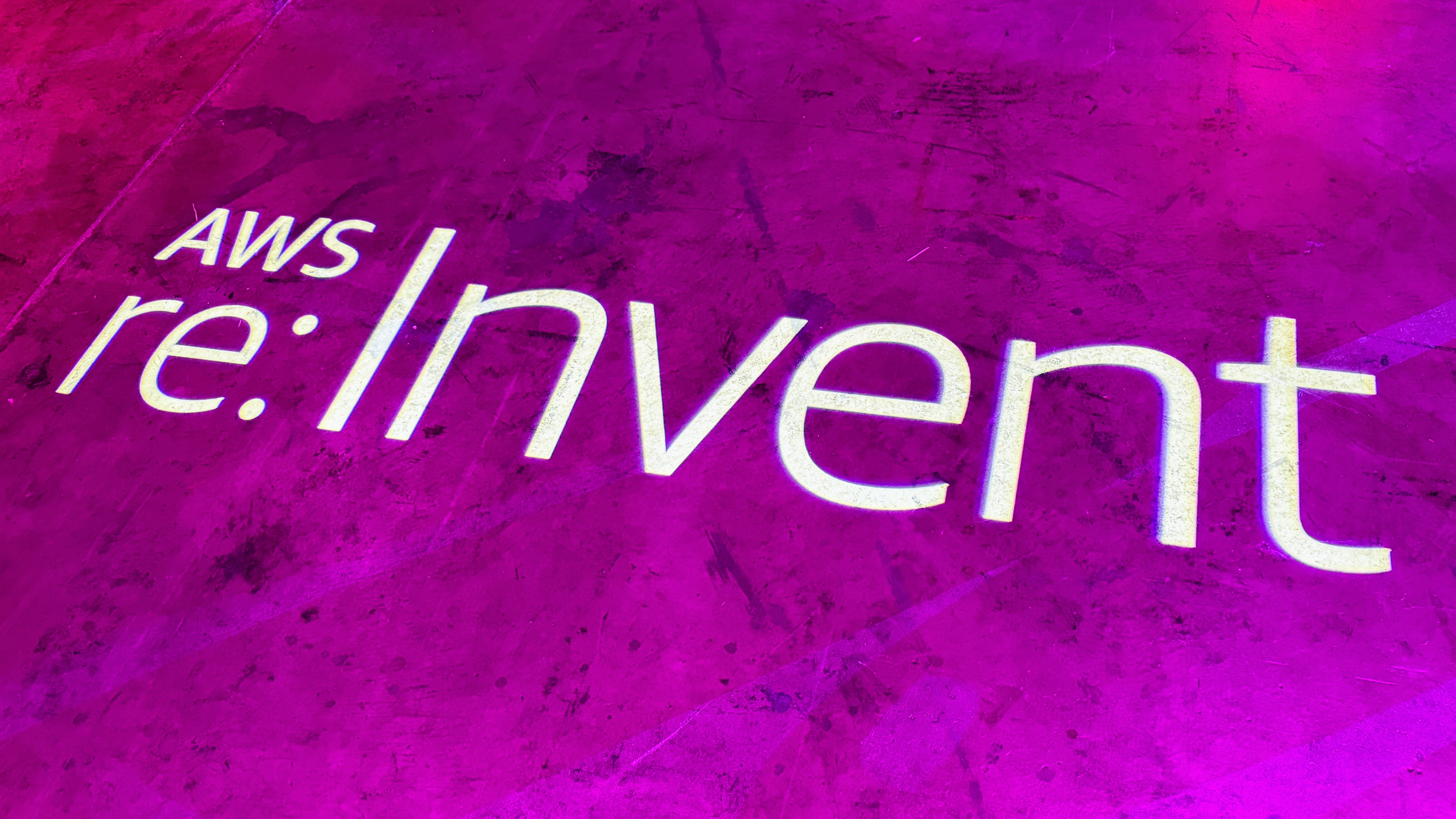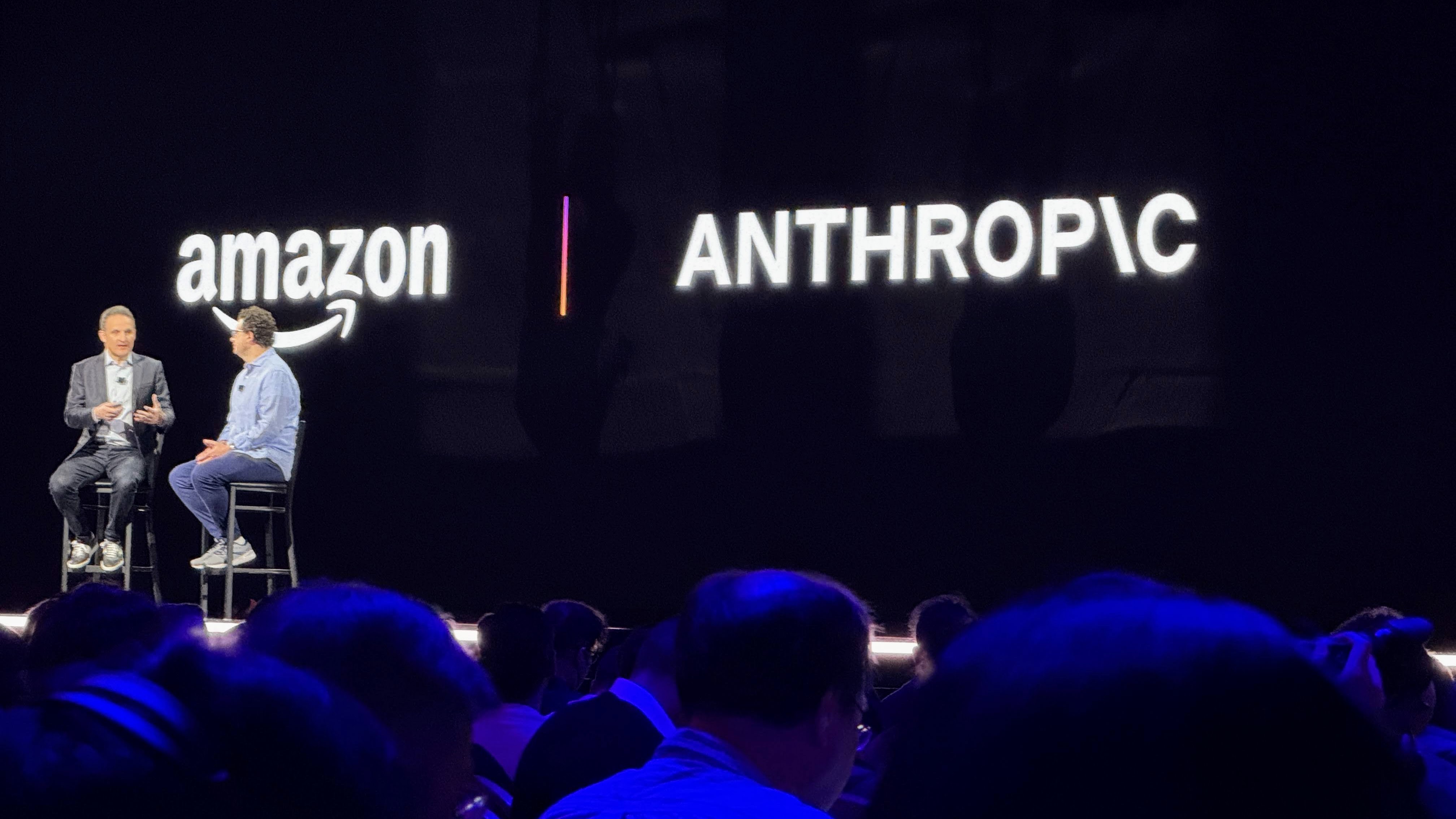AWS takes the cheap shots
The rise of generative AI opens up a massive new market for the large cloud providers, but it’s also a bit of a reset. Unlike the rise of containers, for example, generative AI is an entirely new market. Some players who have long lagged behind in the overall cloud market — like Google — are explicitly betting on this to change their fortunes. But for AWS, that means it’s now in a position where it potentially has to defend its lead, something the company isn’t used to and something that became quite clear in AWS CEO Adam Selipsky’s re:Invent keynote today.
AWS used to make the occasional fun of Oracle during its early keynotes. Today, during what was a relatively sedate affair by AWS keynote standards, there were numerous references to Google and Microsoft (and its close relationship with OpenAI) — and it felt a lot like Selipsky was punching down and taking some cheap shots at the expense of his competitors. That’s not something a company does when it feels like it is on top of its game.
When talking about the AWS data center footprint for example, Selipsky noted — as he has done in previous keynotes — that AWS ensures that its availability zones are geographically distributed — not just three zones in the same data center. He then specifically explained that if AWS had a setup like that in France and a fire broke out there, the zone would’ve been down. At best, that was a thinly veiled reference to Google’s multi-week outage in its Paris data center earlier this year. AWS, of course, has also had its share of outages — just like every other cloud provider. Though to be fair, Google’s outage was excessive.
“Others would have you think that all clouds are the same, but that’s just not true,” he said. “I mean, imagine if you had a region supported by a single data center, or if you thought your provider had multiple AZs in France, for example, and you thought were resilient, but it turned out that they are actually in the same location. I mean, one incident like a water leak followed by a fire could take down an entire region for days.”
Next, in launching its new Graviton chips, Selipsky also stressed that “we’re now on our fourth generation in just five years. Other cloud providers have not even delivered on their first server processors yet.”
But it is generative AI where Amazon is most vulnerable right now. For the first time in a long time, it doesn’t have a first-mover advantage in the cloud. Unsurprisingly, the recent OpenAI drama provided plenty of material for AWS’ CEO to take swipes at the competition, including the news that Microsoft briefly stopped its employees from using OpenAI’s ChatGPT because of security concerns.
“You won’t actually use any of this in a serious way if it isn’t secure and private,” Selipsky said. “When I think about it, I can’t conceive of other cloud providers trying to offer general AI services or customers using gen AI applications. They’re not confident in their models and that their data is secure.”
And while Microsoft Azure is offering access to dozens of proprietary and open source models, too, Selipsky tried to capitalize on the fact that the company is so closely linked with OpenAI: “Things are moving so fast — and in that type of environment, the ability to adapt is the most valuable capability that you can have. There is not going to be one model to rule them all. And there’s certainly not going to be one company providing the models that everybody uses. So you don’t want a cloud provider who’s beholden primarily to one model provider.”
During the keynote, Selipsky brought Anthropic CEO Dario Amodei out onstage to talk about the close partnership between the two companies and noted how AWS users will get exclusive early access to some features in Anthropic’s Claude model. AWS also plans to invest up to $4 billion in Anthropic, making that look a bit like the relationship between Microsoft and OpenAI. But I guess that depends on your perspective.
Talking about CodeWhisperer, Amazon’s competitor to GitHub’s significantly more successful Copilot, AWS’ CEO noted that “other providers who have launched tools, they’ve launched them without data privacy and security capabilities that virtually every enterprise requires.”
I think AWS’ competitors would take issue with that.
Thing is, AI is causing businesses to rethink their cloud strategies. Microsoft’s close relationship to OpenAI gave it an early advantage. Google has long had a reputation in the world of AI and machine learning in general. With tools like SageMaker, Bedrock and now its Q assistant, AWS is arguably on equal footing, but it’s not in its natural element — and its rhetoric shows that.




